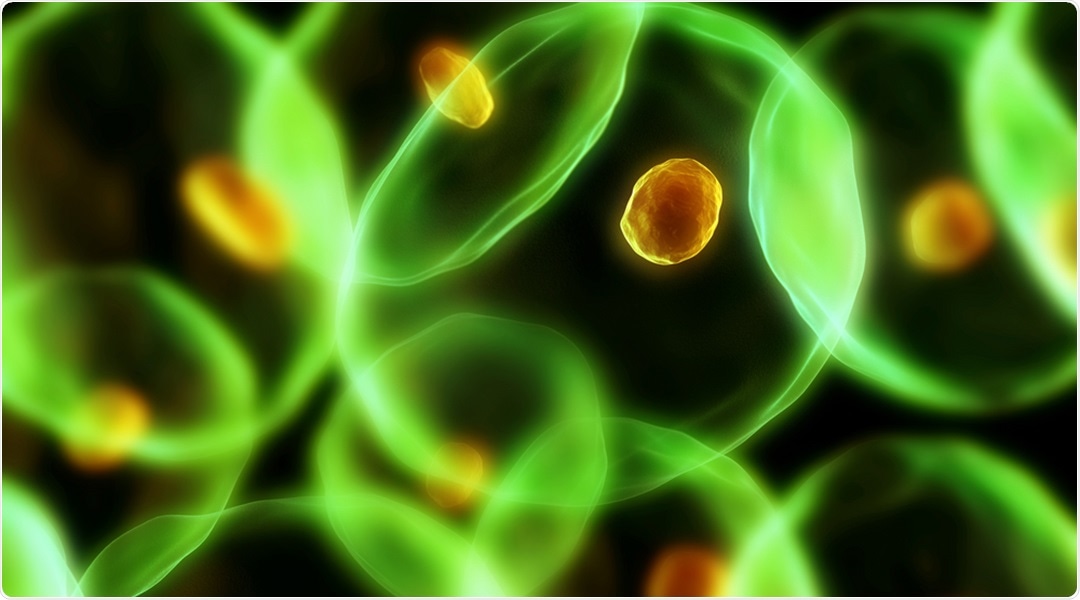A novel technology that can inspect and separate single cells based on their response to stimuli could help develop personalized treatment and improve the understanding of humans’ own molecular pathways.

The new technology could help understand cellular make-up and improve personalized medicine. Image Credit: University of Exeter
The Functional Phenotype Flow Cytometer (FPFC), developed at the University of Exeter’s Living Systems Institute, transfers individual cells between “virtually” distinct microfluidic channels, exposing them to a material that can induce a biological response.
For the first time, it enables researchers to classify cells by function and reaction strength at a finer granularity than ever before.
The study, which was published in Advanced Biology and was supported by the BBSRC with help from the Academy of Medical Sciences and the Swiss National Science Foundation, can improve personalized medicine by detecting whether a drug is likely to work for a patient before it is given.
Our new technology advances our ability to effectively separate and isolate biological cells into specific and well-defined subpopulations, which is crucial to advancing our understanding of cell make-up and function, and its relevance to disease.”
Dr Catalin Chimerel, University of Exeter
The cells are subjected to a biological reagent solution before entering the instrument, thus the brighter their fluorescent glow, the stronger the response.
On a unique microfluidic device, the technology executes three subsequent cell processing steps: it monitors individual cell response across the population, incubates cells with a stimulus, and sorts responsive cells in real-time. Hundreds of cells may be profiled and sorted based on their functional response, and the gadget can also determine the strength of the response.
Our device allows cells to be sorted into sub-groups in a far more refined way than ever before. We can see not only their function, but how effective it is. We’re excited to see how this research will develop, with a longer-term aim of translation into commercial use. On a basic level, this has the potential to help us make huge advance into understanding our own cellular make-up.”
Dr Catalin Chimerel, University of Exeter
“An obvious application is in testing drug response—by exposing the patient’s cells to a drug in our device, we will get a very good indication of whether it will prove effective, meaning we have a much better chance of choosing the right drug first time, improving care and reducing unnecessary side-effects,” concluded Chimerel, who led the research.
Source:
Journal reference:
Nikiforov, P. O., et al. (2021) Functional Phenotype Flow Cytometry: On Chip Sorting of Individual Cells According to Responses to Stimuli. Advanced Biology. doi.org/10.1002/adbi.202100220.